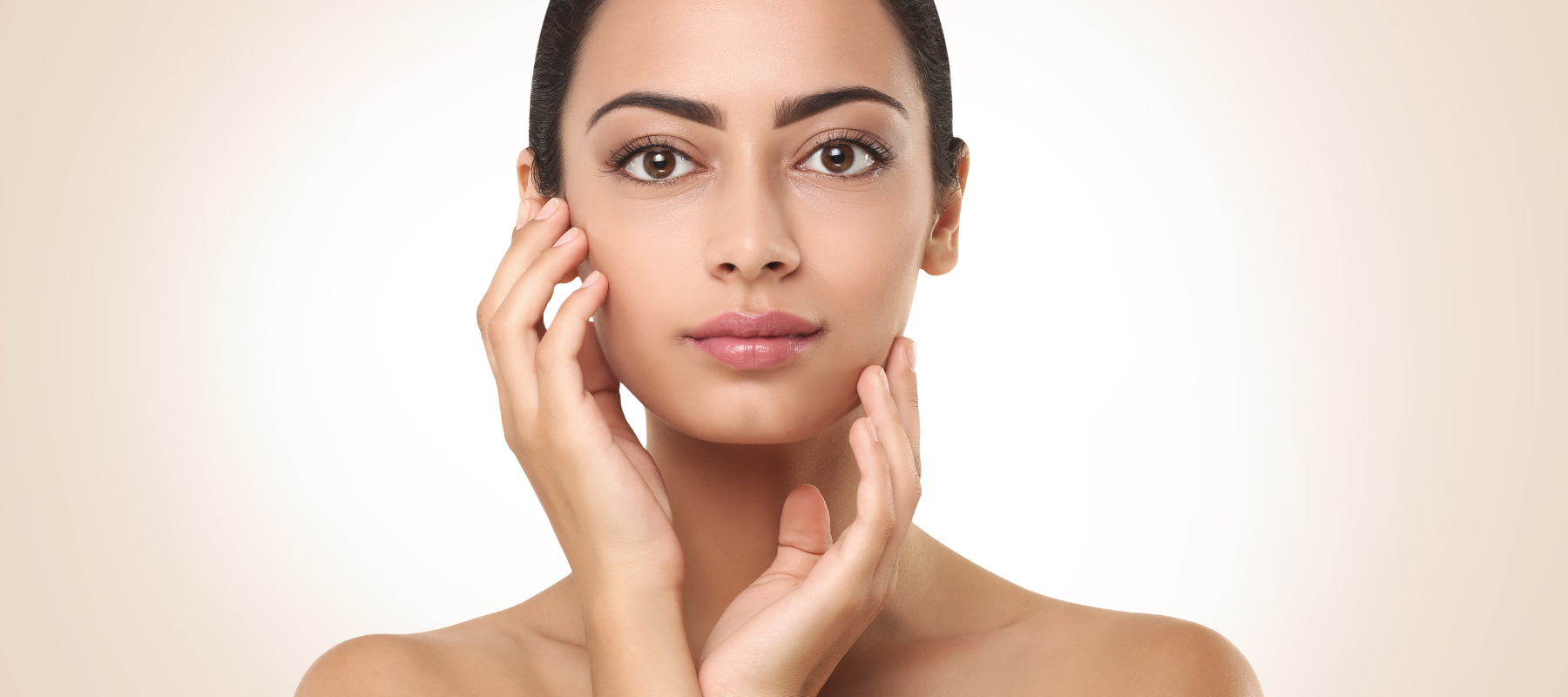
How to Keep Skin hydrated: Tips For Hydrating Skin
Contrary to popular belief, drinking liters of water is not the only way to stay hydrated, especially when it comes to your skin. Dealing with red, scaly and dry skin might indicate that your moisture barrier is in need of some TLC.
But how to keep skin hydrated? This is the most common question that arises in the minds of individuals. In fact, data on recent consumer research projects for people searching for skin hydration are up by 86% in the last couple of years.
So join us and let us learn all about it today as we read.
What is hydrated skin?
Hydrated skin looks smooth, plump and sometimes naturally glowing because it contains enough water to support and strengthen your skin cells. It does not have a scaly texture and does not feel rough or uncomfortable.
Also read: What Is Skin Hydration & How to Hydrate Skin
Understanding dehydrated skin
In simple terms, dehydrated skin is thirsty skin that can no longer effectively return moisture. The basic difference between dry skin and dehydrated one is that the former is permanently dry, whereas the latter is dry sometimes.
This temporary skin condition can affect all skin types, whether they are combination, oily, normal or even dry. This is most common, especially during hormonal or seasonal changes. Apart from this, harsh products or frequent shaving and even showers with hot water can contribute to such issues.
Is dehydrated skin a permanent issue?
If you find that your skin is compromised and the moisture barrier is not how it should be, luckily, this damage is not permanent. Learning how to hydrate your skin will help you repair the barrier by putting in some extra effort that will pay off in the long term.
You do not have to make drastic changes, but integrating some good habits into your daily routine can make all the difference. However, before diving right in, let us check out the symptom.
How to tell your skin needs hydration
A good way to know whether your skin is hydrated or not is to take the pinch test. It is typically conducted by pinching your skin, and then it settles back right into place.
However, if it takes a few moments to bounce back, then chances are your skin is dehydrated. To confirm the results, you can repeat them in other areas if you like.
Besides this, if you notice that your skin is:
- Flaky after using makeup
- Fine lines are visible at the corner of your eyes or cheeks
- It feels tight and lacks softness
- It feels red or rough
If you are noticing such issues, then you might be wondering how to hydrate skin naturally. To achieve such results, let us take a look at the top tips to keep skin hydrated.
Also read: How to Keep Skin hydrated: Tips For Hydrating Skin
Top 5 tips: How to keep skin hydrated
- Use a light moisturiser containing humectants that will instantly hydrate, moisturise and soften your skin.
- To remove your dead skin cells, you can use a soft, clean towel instead of a loofah or scrubber. Once you are out of the shower, pat your skin dry instead of rubbing it.
- Embrace fragrance-free and dermatologically tested products to reduce your risk of dermatitis from reliable brands like The Pink Foundry.
- Use an alcohol-free cleanser, as alcohol is known to dehydrate your skin.
- Using a peptide serum can help repair your skin.
Preventing dehydration: How to hydrate your skin
Proper rest and hydration
Needless to say, when talking about hydrating your skin naturally, the primary component that comes to mind is water. The more water you consume, the more hydrated your skin will feel, as the moisture barrier works better when it is hydrated.
Meanwhile, one must refrain from dehydrating foods like caffeine or refined carbohydrates to give your skin a more youthful glow.
Apart from this, getting sufficient sleep to rebalance your skin's moisture is essential. A solid 8 hours of sleep will not only repair your skin, but your body will also benefit from the process.
Hydrating moisturiser containing hyaluronic acid
For really hydrated skin, one must settle for a moisturiser that contains active ingredients like hyaluronic acid and niacinamide.
One such all-rounder product in the market is the Waterlight Gel Moisturiser 72-Hour Hydration 50 ml. Laced with Saccharide Isomerate and wheat germ oil, it is infused with a general amount of vitamin E that nourishes your skin from deep inside.
However, it is essential to step away from an array of active ingredients as overusing them might lead to dehydration. It is like a piece of cake, which is wonderful to have now and then, but when over-consumed regularly, it might wreak havoc on your system.
So we would say stick to a single product and balance between antioxidants, actives, and protectors when answering your question about how to keep skin hydrated and glowing.
Sheet masks
Face masks are enriched with humectants that can amplify your skin hydration. You can put them on at any time of the day for a quick blast of hydration, or they are equally effective when worn overnight.
Avoiding long hot showers
We understand that there are very few relaxing things other than a nice hot shower. However, the warm water can damage your skin, leading to dehydration, especially during winter.
To answer your question about how to keep skin hydrated during winter, we would recommend milder showers with a gentle cleanser.
Slather on a good sunscreen
Exposure to harmful UV rays can dehydrate your skin and damage it at a cellular level. A good sunscreen not only protects your skin from the damaging effects of UV rays but also hydrates it.
However, not all sunscreens are created equal. Thankfully, the Dewy Hydrating Hybrid Sunscreen SPF 50+ contains plant-based, olive oil-derived squalane, which locks in hydration by creating a protective barrier on your skin's surface.
This high-performing emollient restores your skin's lipid barrier and, thereby, its suppleness.
Bottom line
After imparting all the tips and suggestions, we can only say that there is no fix for how to hydrate skin fast.
Therefore, we recommend a holistic approach that embraces a clean lifestyle and fewer products. Apart from guzzling more water and using moisturiser, one must also consider visiting a dermatologist for a personalised recommendation.
FAQs
1. How to keep your face hydrated?
Use a gentle cleanser, followed by a hydrating serum and moisturiser with ingredients like hyaluronic acid or glycerin. Apply products on damp skin to lock in moisture. Avoid harsh exfoliants and always use sunscreen. Drinking water and maintaining a balanced diet also support skin hydration from within.
2. How to keep your face hydrated naturally?
Using a gentle cleanser followed by a lightweight moisturiser that is easier for the skin to absorb can help keep your face hydrated. Drinking sufficient amounts of water, followed by consumption of some water-rich foods throughout the day, also ensures that your face is hydrated naturally.
3. How to keep dry skin hydrated?
One of the best ways to keep your dry skin hydrated is to pick a good, nurturing moisturiser that penetrates deep into the skin to offer adequate hydration. You should also find a good cleanser that can remove impurities from your skin without hampering the natural moisture level.























































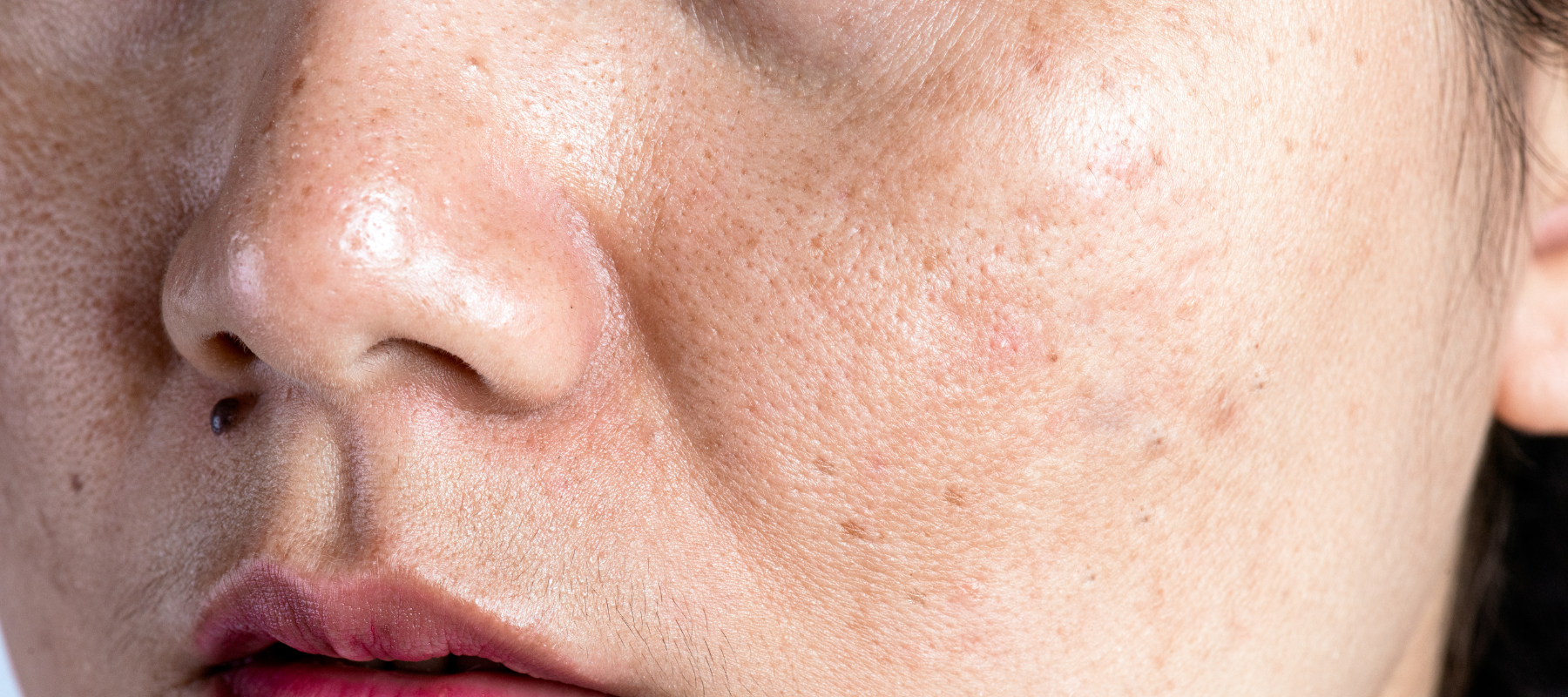


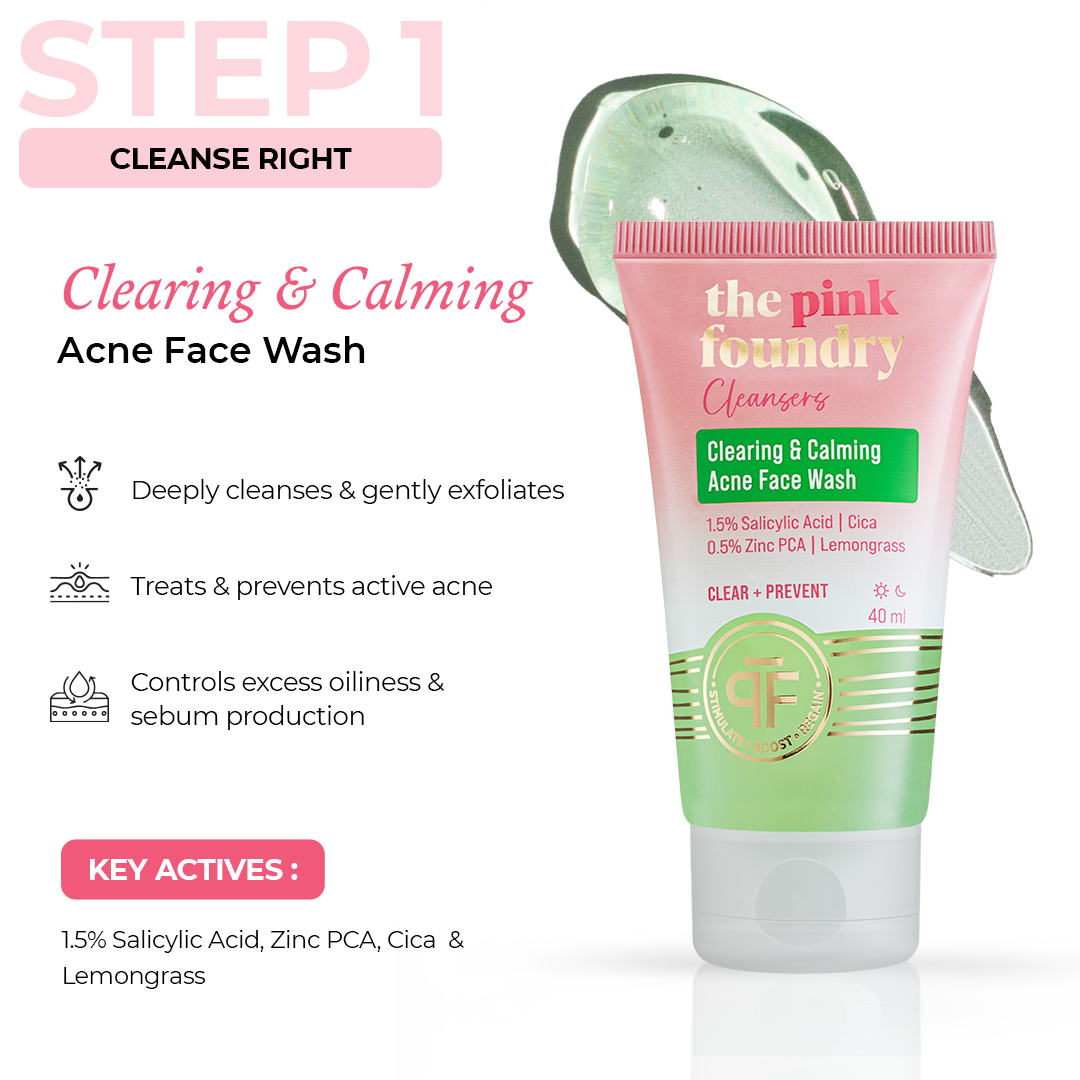




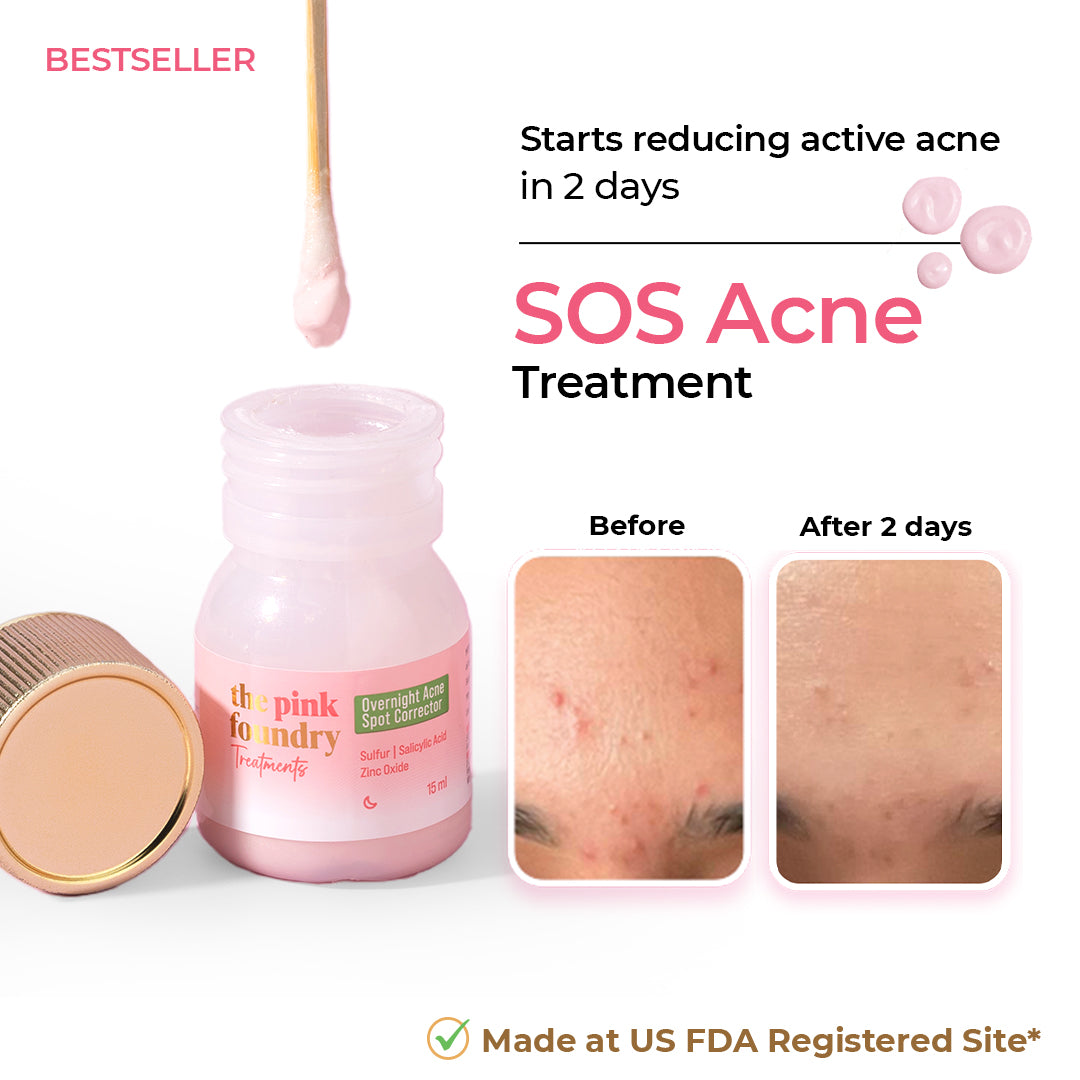
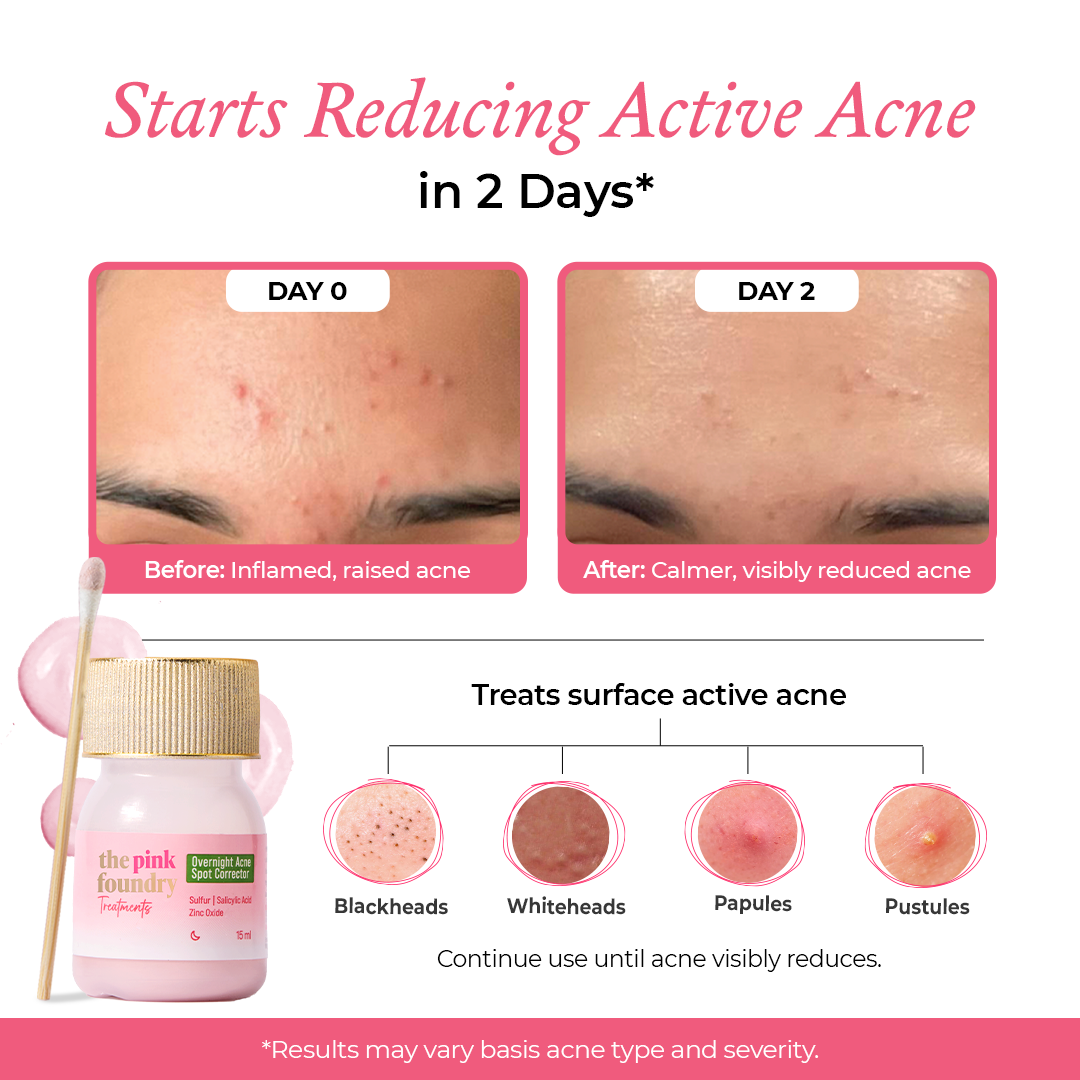








Leave a comment
This site is protected by hCaptcha and the hCaptcha Privacy Policy and Terms of Service apply.